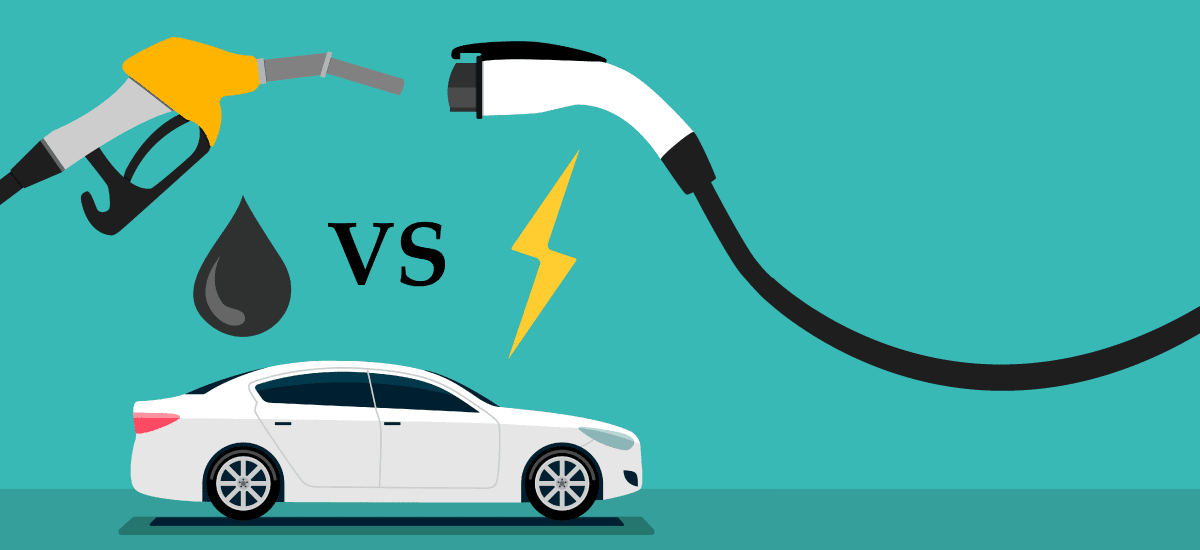Pros and Cons of Hybrid Cars in Kenya

Eco-friendly cars becoming more common in Kenya. They promise a mix of eco-friendliness and wallet relief, but do they live up to the hype? From the advantages of lower fuel consumption to the challenges of finding a charging station lets dive into the pros and cons of hybrid cars in Kenya and see if one is suitable for you.
Pros
1.Fuel Efficiency and Cost Savings
Hybrid cars use a combination of fuel and electric power, making them more fuel- efficient than conventional cars. In urban traffic, where stop-and-go driving is common, hybrids often use their electric motors, reducing fuel consumption and lowering your fuel expenses.
2.Reduced Emissions
Hybrid cars emit fewer pollutants compared to conventional cars, contributing to
improved air quality. With Kenya’s focus on environmental sustainability, driving a hybrid can help reduce your carbon footprint.
3.Exemptions and Incentives
In Kenya, there are incentives, such as reduced excise duty, for importing hybrid vehicles compared to fully conventional cars. This can make hybrids more affordable for those looking to purchase a car with lower import taxes.
4.Increased Resale Value
Hybrid vehicles are increasingly popular in Kenya’s used car market. Their appeal, along with potential fuel savings, often translates into better resale value compared to conventional vehicles.
5.Quiet Operation
Hybrid cars, especially in electric mode, are quieter than traditional vehicles. This makes for a more peaceful driving experience, particularly in stop-and-go traffic.
Cons

1.Higher Upfront Cost
Hybrid cars are generally more expensive than conventional cars, mainly due to the advanced technology and batteries involved. Although fuel savings can offset this, the upfront cost is still a barrier for some buyers.
2.Limited Battery Life and Replacement Cost
Hybrid batteries have a limited lifespan and can be costly to replace. Kenyan conditions, such as high temperatures, can sometimes affect battery performance and longevity, so it’s important to factor in potential future costs.
3.Scarcity of Competent Mechanics
Hybrid technology is still relatively new in Kenya, and finding mechanics trained to service hybrid systems can be challenging. Repairs and maintenance might require specialized expertise that may not be readily available everywhere.
4.Lower Performance on Highways
Hybrids excel in city driving but may not perform as efficiently on highways. Their fuel efficiency advantage can reduce during prolonged highway driving as they rely more on their gasoline engine at higher speeds.
5.Battery Disposal and Environmental Impact
Although hybrid cars reduce emissions, the disposal of hybrid batteries can have
environmental impacts if not handled properly, as they contain hazardous materials.
How to Tell if a Hybrid Car is Right for You
To decide if a hybrid car is the best option for you, consider the following factors:
1.Your Typical Commute
If you often drive in urban areas with frequent traffic or stop-and-go conditions, a hybrid may be ideal. Its electric motor will help you save on fuel during these conditions.
2.Environmental Consciousness
If reducing your carbon footprint is a priority, hybrid cars offer an environmentally friendly alternative to conventional vehicles without the range anxiety of fully electric vehicles.
3.Budget Considerations
While hybrids are more expensive initially, you can recoup costs through fuel savings and resale value. However, if upfront cost is a limiting factor, conventional vehicles may be more suitable.
4.Availability of Maintenance and Support
Consider whether you have access to qualified hybrid mechanics in your area. Hybrid cars require specific expertise for servicing, so ensure you’re prepared for potential maintenance needs.
Finding a Competent Hybrid Mechanic in Kenya
Since hybrid car maintenance requires specialized knowledge, finding a skilled mechanic is essential. Here’s how to go about it:
1.Use Authorized Dealerships
Many car dealerships in Kenya, such as Toyota Kenya or DT Dobie, have hybrid-trained mechanics. They may be more expensive but offer reliable service.
2.Join Hybrid Owner Communities
Online forums or social media groups, such as Facebook groups for hybrid owners in Kenya, can be valuable resources for finding reputable mechanics recommended by other hybrid owners.
3.Ask for Certifications
Look for mechanics who have been certified by institutions offering training in hybrid systems. Some mechanics have received training in countries with a longer history of hybrid cars and bring that expertise to Kenya.
4.Check with Specialized Auto Shops
o Some workshops in Nairobi and Mombasa specialize in hybrid and electric vehicle repair. It’s a good idea to check their reviews and seek recommendations.
Comparison: Hybrid Cars vs. Conventional and Electric Cars
|
FEATURE |
HYBRID CARS |
CONVENTIONAL CARS |
ELECTRIC CARS |
|
Fuel Efficiency |
Highly fuel-efficient
especially in urban traffic |
Lower fuel
efficiency |
Highest efficiency;
no fuel required |
|
Emissions |
Lower
emissions than conventional cars |
High
emissions due to fuel reliance |
Zero emissions |
|
Upfront Cost |
Higher than
conventional cars but lower than electric cars |
Generally
lower |
High initial
cost |
|
Maintenance |
Requires
specialized hybrid servicing |
Widely available
maintenance |
Requires specialized
EV servicing |
|
Battery Life |
Limited
lifespan, replacement needed eventually |
No battery
(except for starting) |
High-capacity
battery with limited lifespan |
|
Range |
Unlimited
with fuel and electric backup |
Unlimited
with fuel |
Limited range
based on battery capacity |
|
Noise Level |
Quiet in
electric mode, moderate on engine power |
Moderate to
loud engine noise |
Very quiet |
|
Availability of Spare Parts |
Parts are available
but may require specific expertise for installation |
Readily
Available |
Parts are
becoming available but are expensive and specialized |
|
Ideal For |
Mixed-use (City
and occasional highway) |
Regular use
and long-distance driving |
Short-medium
distance urban driving |
Conclusion
Hybrid cars can be a great choice in Kenya, especially for drivers seeking a balance
between fuel savings, environmental benefits, and traditional car functionality. They provide a middle ground between conventional and electric cars, offering fuel efficiency and reduced emissions without the range limitations of fully electric vehicles. However, their success depends on your driving needs, budget, and the availability of skilled mechanics.
If you typically drive in the city and want to save on fuel, a hybrid car could be ideal. But if you often drive long distances or need a low-maintenance car with readily available spare parts, a conventional car might be more practical. For drivers ready to embrace electric technology and have access to charging infrastructure, an electric car may be the future.
By evaluating your needs, budget, and location, you can make an informed choice about whether a hybrid car is right for you in Kenya.
Remember, if you need financial assistance, contact us through our contact form, call us on +254791573231 or visit one of our branches across Nairobi, Kiambu, Machakos, and Kajiado counties to explore your financial opportunities.




Comments ()